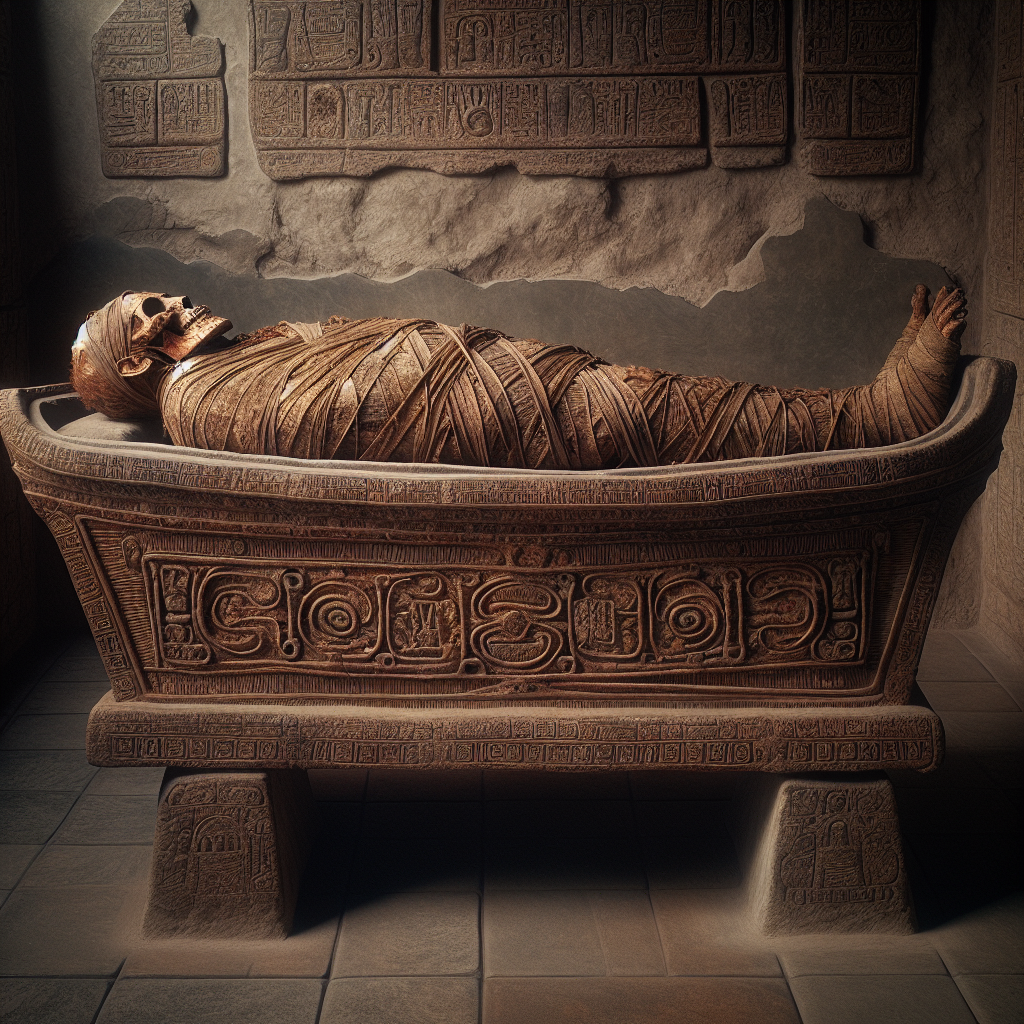Ancient Peruvian Mummy Potentially Dates Back 5,000 Years
Ancient Peruvian Mummy Potentially Dates Back 5,000 Years
Discovery of a Lifetime
Archaeologists in Peru have unearthed a mummy that could potentially date back 5,000 years, offering a rare glimpse into ancient civilizations. This remarkable find was made in the coastal region of Lima, a site known for its rich historical significance.
Significance of the Find
The discovery is significant for several reasons:
- Historical Insight: The mummy could provide valuable information about the pre-Columbian era, shedding light on the cultural and social practices of ancient Peruvians.
- Preservation: The state of preservation is exceptional, allowing researchers to conduct detailed studies on the mummy’s condition and the materials used in its embalming.
- Archaeological Context: The site where the mummy was found may reveal more about the settlement patterns and lifestyle of the people who lived there thousands of years ago.
Research and Analysis
Experts are conducting a series of tests to determine the exact age of the mummy and to gather more information about its origin. These tests include:
- Carbon Dating: To establish a more precise timeline of the mummy’s existence.
- DNA Analysis: To uncover genetic information that could link the mummy to other ancient populations.
- Material Study: To analyze the textiles and artifacts found with the mummy, providing insights into the technological advancements of the time.
Implications for Future Research
This discovery opens new avenues for archaeological research in Peru and beyond. It highlights the potential for further exploration in the region, which could lead to more groundbreaking findings about ancient civilizations.
Conclusion
The unearthing of a potentially 5,000-year-old mummy in Peru is a monumental discovery that promises to enhance our understanding of ancient cultures. As researchers delve deeper into this find, the world eagerly awaits new insights into the lives of those who walked the earth millennia ago.













